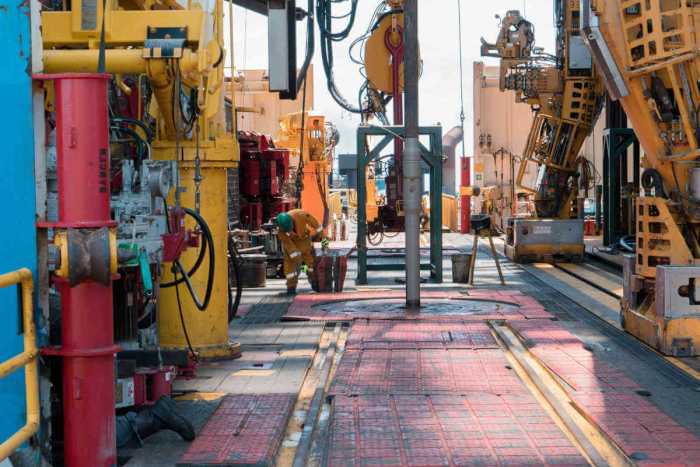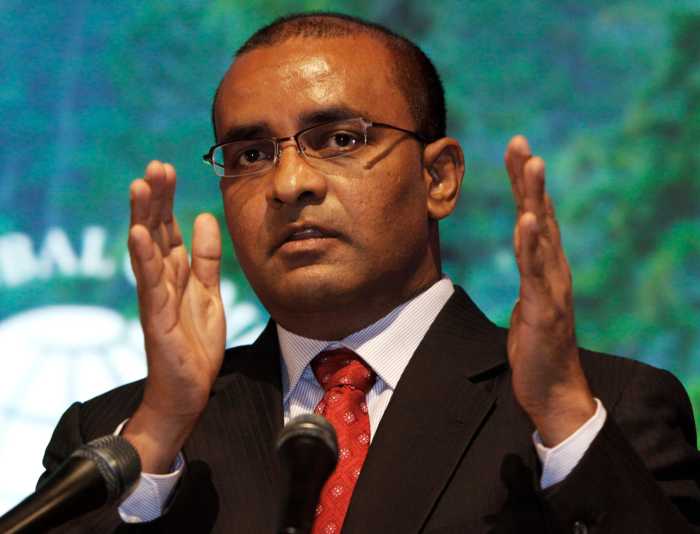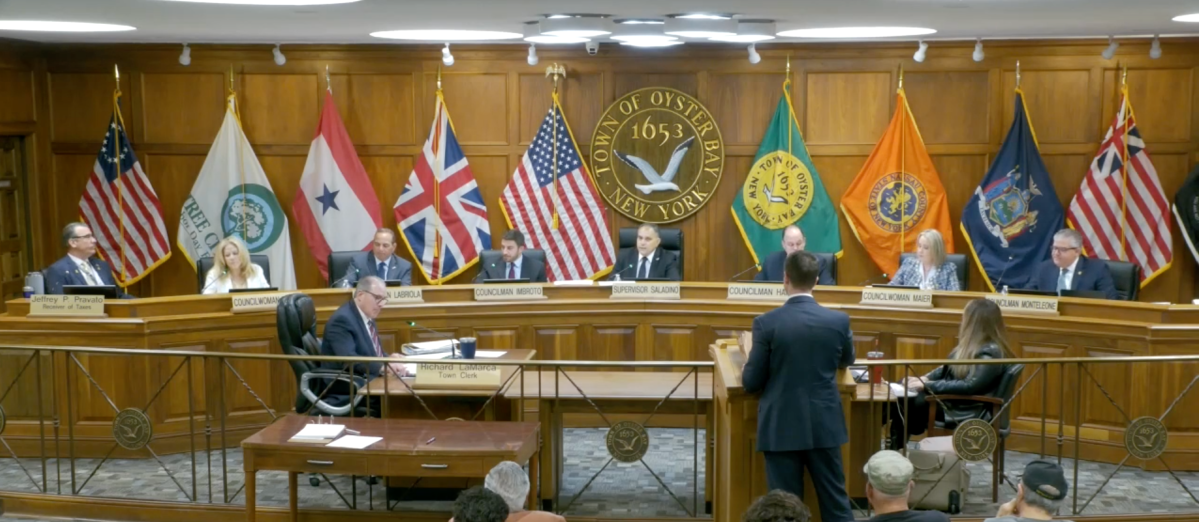Saying it would not try upset the investment climate by changing a lopsided deal with a production consortium led by ExxonMobil, Guyana’s government says future players in the CARICOM nation’s booming offshore oil sector will now have to pay corporate taxes, reduce the amount they recover as investment costs, fork out higher royalty rates and pay significant signing bonuses when new oil blocks are awarded, officials said.
The new sector arrangements were outlined late Tuesday by President Irfaan Ali and Vice President Bharrat Jagdeo at the opening of a three-day annual oil and gas conference here. Jagdeo says the new rules will set the stage for the country to rake in billions more in annual revenues from the oil and gas industry which only started actual production by 2019. Commercial quantities of oil were discovered back in mid 2015.
The consortium is producing nearly 400,000 barrels of oil daily from two giant oil fields, but the group has already announced plans to hike this to a million by 2027 when at least three more oil fields come into operation over the next four years.
Under current arrangements, Exxon and its partners, Hess Corporation of the US and China National Offshore Oil Corporation (CNOOC) are allowed to siphon off 75 percent of revenues from oil sales as investment recovery costs while splitting the remaining 25 percent between Guyana and the consortium. The new rules that will come into effect for 14 new blocks now being auctioned off by April, the 75 percent will be cut to 65 percent and new companies will pay a 10 percent corporate tax for the first time. The two percent royalty rate Exxon and other companies now pay under current arrangements, will be hiked to 10 percent, giving Guyana an overall increased share of revenues to 27.5, up from 14.5 percent. Guyana earned a mere $1.2 billion in revenues last year. New players which win blocks in the auction will have to pay signing bonuses US$20 million for the deep sea blocks and US$10 million for the shallower ones as the country cashes in on oil.
Authorities have been roundly criticized for signing what is widely regarded in the country as a lopsided deal with the consortium and others like Repsol of Spain under the old or current arrangements but President Ali told the conference that authorities have to stick with a bad deal.
“There’s a lot of talk about Guyana’s production sharing arrangements. We came into government and met what we have said publicly is a lopsided agreement. We have a responsibility to honour an agreement that was made. We are going to efficiently manage it to extract as much benefits as possible and all future agreements are going to be different,” Ali said.
Exxon has already signaled plans to bid for new oil blocks, meaning that it will have to cough up more money in the new arrangements. On its own, Exxon raked in more than $60 billion last year from its operations worldwide, thanks to booming oil prices helped by the billions it is making from Guyana, the war between Russia and Ukraine and high global demand among other factors.


























